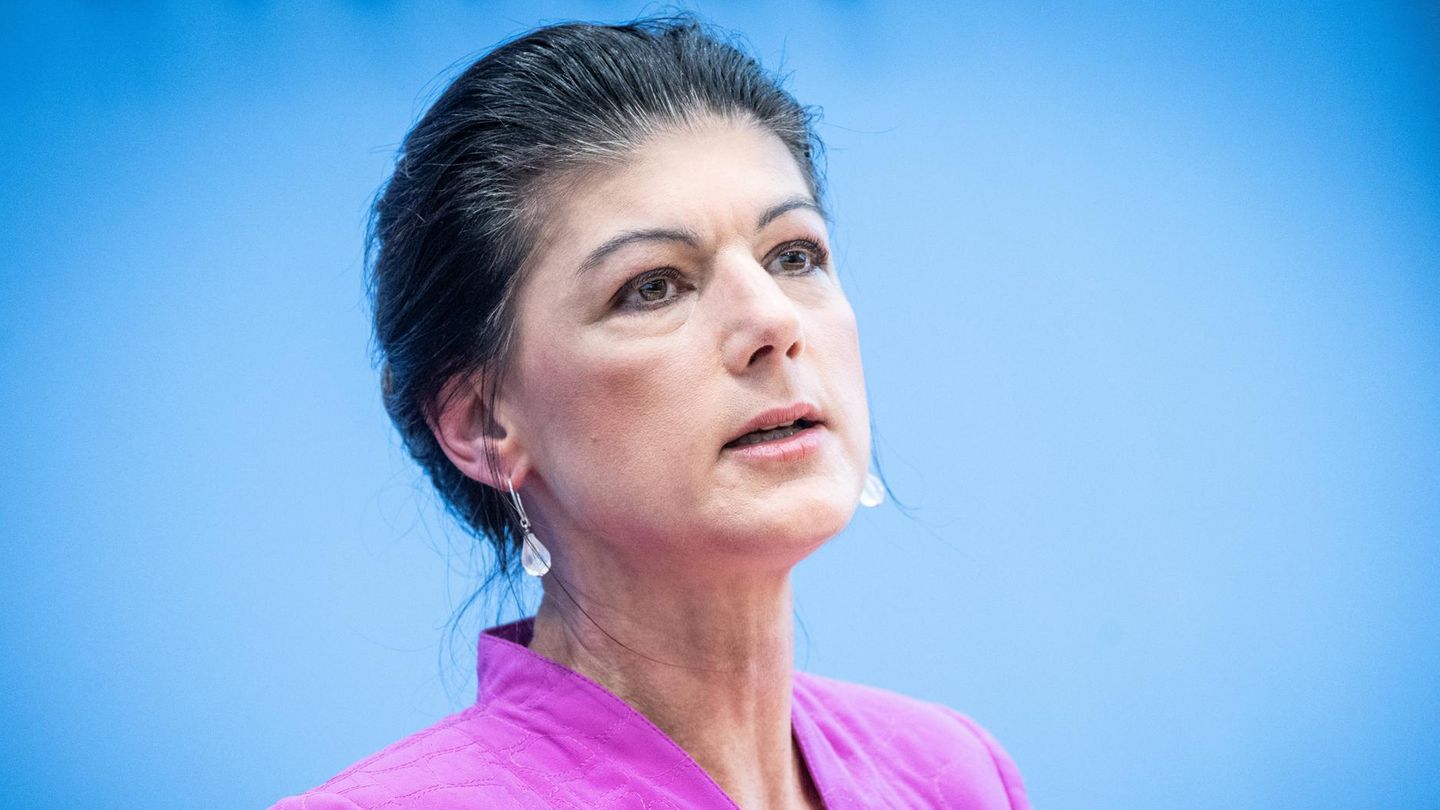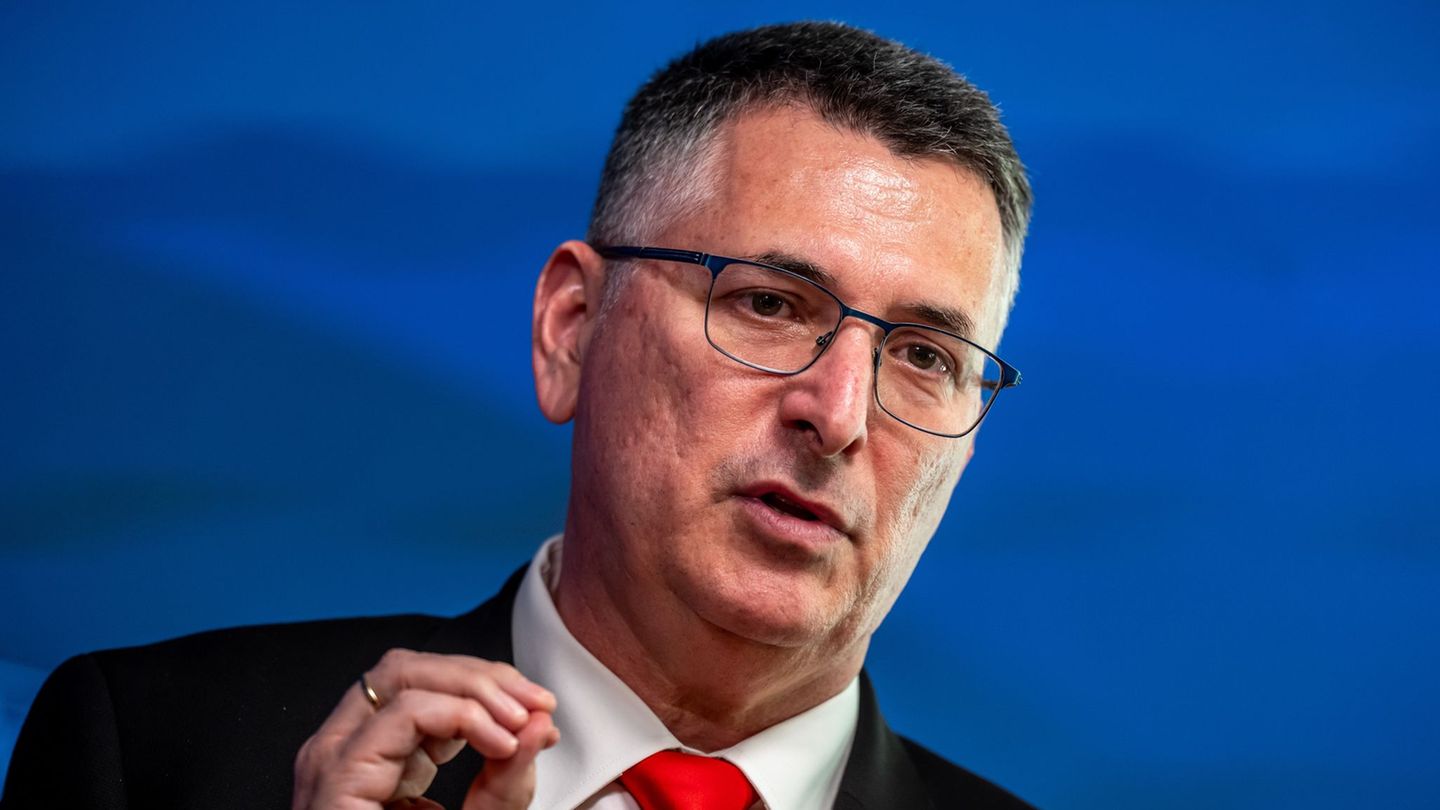The end of the story, we already know it. The implosion of the Soviet Union stops with the birth of a further model, opposed 180 degrees, on a global scale. An end of history with a neoliberal tint, which was not such either. Nowadays, under a nationalist capitalism with certain populist features, Russia tries to regain the world glory once achieved. Although without those dreams of full social inclusion and distributive equity.
Venezuela, understanding the differentials required by a different history, culture and geography, is going through a similar moment. The exhausting effort of a decade without promised results, neither present nor in sight, caused the fall of Barinas, the last Bolivarian bastion: where it all began, the birthplace of Comandante Hugo Chávez, his place of worship and where his select family –literally, for 23 years all the elected governors in that state have been direct relatives of Chávez– he had created a fief that was believed to be impregnable.
After the recent election, Sergio Garrido He will be the first non-Chavista governor of Barinas since 1998. The candidate of the Democratic Unity Table (MUD) coalition managed to prevail with 55.36% of the votes over the candidate of the ruling United Socialist Party of Venezuela (PSUV), Jorge Arreaza – who was married to the eldest daughter of Hugo Chávez and has held high positions in the central government since 2011-, which obtained 41.27% of the votes.
Beyond the lesson that implies for the opposition to present itself in the elections with the sole objective of removing Chavismo from power (the result of this division was a resounding success for the ruling party, which managed to win 20 of 24 governorships and more than 200 of 322 mayorships, despite the fact that only in five States managed to add more than half of the valid votes), the loss of voters is synonymous with a structural failure of the PSUV towards State policies, those long-term policies necessary to change the meager reality from the root.
This time, the delivery of bags of food, the appliances given away, the return of the supply of natural gas to homes was not enough. Neither is the exhaustive control of the media, the use of militiamen and the public force to intimidate and intimidate voters, or the promises of ‘structural change in the face of lessons learned’ at the last moment.
It is that the persistent dependence on an exportable natural resource whose income exhibits a highly volatile behavior, the tendency to accumulate deficit fiscal management, the lack of dynamism of the non-oil private sector to compete, or the high dependence on imports, among others, have permeated in the depths of everyday microeconomics. If we add to this the financial isolation and external strangulation, the productive crisis, and the persistent increase in the money supply that led the Venezuelan economy to a destructive process of hyperinflation, poverty and a collapse of all state services, we find ourselves with a socio-economic tsunami that takes everything in its path.
The consequences for most ordinary citizens are visible through the eyes of their harsh daily lives. There is no survey that contradicts the fact that at least 70% of Venezuelans live below the poverty line, or that does not indicate that the country is already among the most inequitable in the world. A clear example is observed in the meager levels of income: just to cite one example, in just three years, one of the largest States in Latin America, the Venezuelan Petro-State, went from being omnipresent to almost irrelevant; maintains subsidies and social missions, but in bolivars; it is an employer of three million people who do not earn more than US$10 per month and pay pensions that are not enough for more than three chocolates.
For this reason, and to put it vulgarly, most Venezuelans no longer know what to do to earn a few extra dollars. It is that after so many years of erosion of the national currency / inflation out of control, people generate more income offering food, spare parts and used appliances than working in a formal company. They work twice as hard, and as much as they can. And despite this, they remain poor. As long as the high levels of informality and job insecurity continue, multiplying the growing ties of dependency with their families in the diaspora, as well as the pronounced deterioration of the country’s social protection network, nothing is going to change.
For these reasons, most Venezuelans hardly think about politics anymore. They are tired, dazed, listless. As Pablo Kornblum wrote in his book, The Anesthetized Society, when the will is lost, especially ideological in the hands of poverty and hunger, the fall of the model is inevitable. At least as it was established in its beginnings.
It then remains for Maduro to place 4 anvils under the table to hold it up no matter what. And this implies even agreeing with the empire. Or with empires. And unleash the war of every man for himself. As some academics say, Venezuela “went from socialism, non-stop, to savage capitalism”. It is because the government that supervised the entire economy decided not so long ago to eradicate controls – that’s right, liberalization and deregulation of some markets -, open ports , to dissolve certain relevant taxes for the coffers of the State.Furthermore, a more friendly economic policy was adopted with the ‘non-official’ business community in order to survive -including the transfer of assets and the empowerment of a new economic elite-, stimuli were desperately sought to international investment to alleviate the serious infrastructure deficit, and ‘carnal relations’ with relevant state and non-state actors to earn foreign exchange have increased.
To this has been added the termination of the exchange anchor, the strengthening of monetary and fiscal discipline – Gabriel Boric Dixit -, and the birth of the digital bolivar, which is nothing more than the formal recognition of a reality already known by the population: the use of electronic means in the absence of traditional means of payment, in addition to the growing use of various foreign currencies, cryptocurrencies, gold and even coffee as means of payment. Of course, all these measures are endorsed – and thanks to the always unrestricted support – by the Bolivarian National Armed Forces. A necessary condition – although insufficient in the long term -, to remain in power.
So far, Maduro can at least boast that he has been achieving it. We’ll see how much more he can do. What is certain is that he is doing it with more pragmatism and less idealism. Under a recrudescence of authoritarianism in the political model, without a doubt; a kind of perestroika without glasnost that is opposed to an implicit economic dialectic: more full refrigerators and fewer revolutionary promises are needed.
International Analyst, Twitter: @CafuDiego
Source From: Ambito




